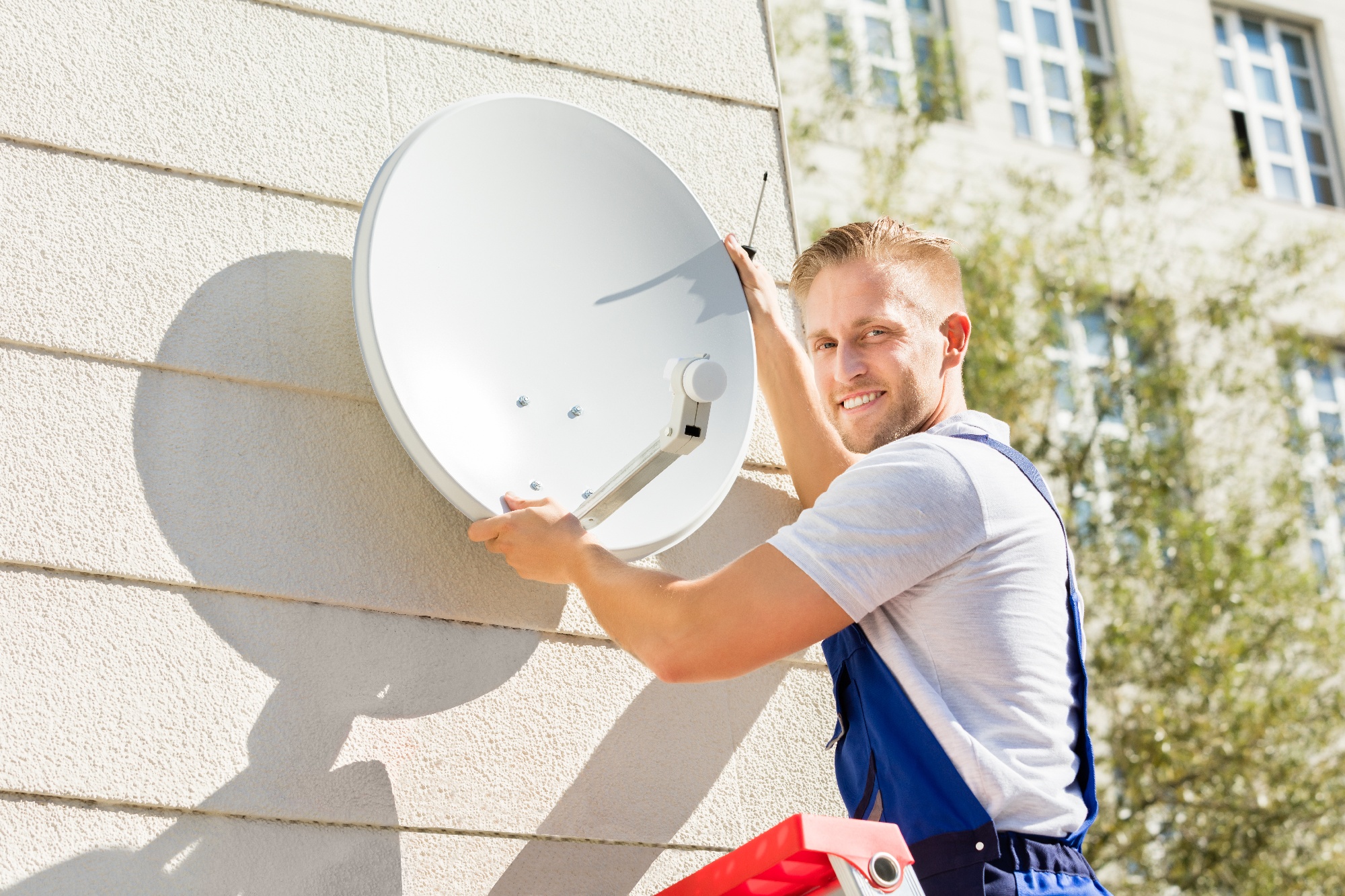 Satellite dishes used to be a major cause for contention - to the point where, in 1996, the FCC adopted the OTARD rule. This was amended to include rental property in 1999.
Satellite dishes used to be a major cause for contention - to the point where, in 1996, the FCC adopted the OTARD rule. This was amended to include rental property in 1999.
The rule restricts what community associations can do regarding limiting satellite dishes and satellite dish placement. As long as the resident has an area for their use on which a dish can be placed, the association cannot place restrictions that unreasonably delay or prevent installation, increase cost, or prevent them from receiving a signal.
This does not mean that you cannot restrict dishes at all. You can restrict installation if it would damage historic property or pose a genuine safety risk. You also can prevent installing dishes in common areas or on the roof. (The rules also apply to over-the-air antennae). Finally, you can ask that dishes be kept within the "envelope" of the building (i.e., to a reasonable size) unless doing so would prevent them from getting a decent signal. The purpose of the law is to prevent people from being completely locked into a single television provider, which can easily happen when satellite dishes are banned (most places only have one cable provider).
You are not at all obligated to go out of your way to ensure that an owner or resident can get a signal. If their balcony faces the wrong way - that is not your responsibility. (If a large number of residents want satellite TV, then it may be worth looking into the economics of installing a central community dish, especially for condos).
When it comes to common areas, you can decide whether to allow dishes or not. Most associations do not allow satellite dishes in common areas, or if they do, they require an approved installer to do it (to reduce the risk of damage). You can also disallow exterior installations (such as attaching to the outside of a condo that has no balcony) due to safety issues. You can also disallow dishes of over 1 meter in diameter, ground-based installations, or both (unless in Alaska, where the latitude requires larger dishes to such a degree that it would be an unreasonable restriction).
The law also allows you to require residents to register their dish (so you know who has one), but you cannot charge them a fee. The law covers internet antennae but does not cover ham radio, CB radio, DARS, etc. Finally, if you are operating a condo building with a centralized satellite dish, you can reasonably prevent residents from installing satellite dishes that access the same service.
So, what kind of reasonable restrictions can you place?
1. You can apply safety restrictions. For example, dishes should not overhang walkways or building entrances, because of the small but present risk of them falling on somebody's head. You can also require that dishes are a certain minimum distance from power lines.
2. You can restrict the installation of dishes on shared balconies or patios.
3. You can prevent an installation that might cause structural damage, for example damaging the integrity of the siding. In this last case, you can and should work with the owner on a compromise to allow the installation.
4. You can protect the appearance of historic buildings.
5. You can restrict installing dishes on the front of a building unless, again, that is the only way the homeowner can get a signal.
Satellite dishes are a tricky area - they can be unsightly, and many people want them to go away, but they can also be the only means of escape from an inferior cable provider. The best thing to do is place reasonable size and placement restrictions that comply with the law. For condo associations, the purchase of a central dish may be worth considering if there is enough demand.
For more information on how you can or cannot restrict satellite dishes, contact GrandManors today.

